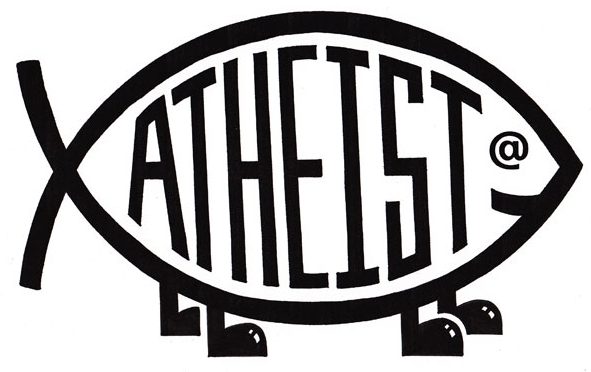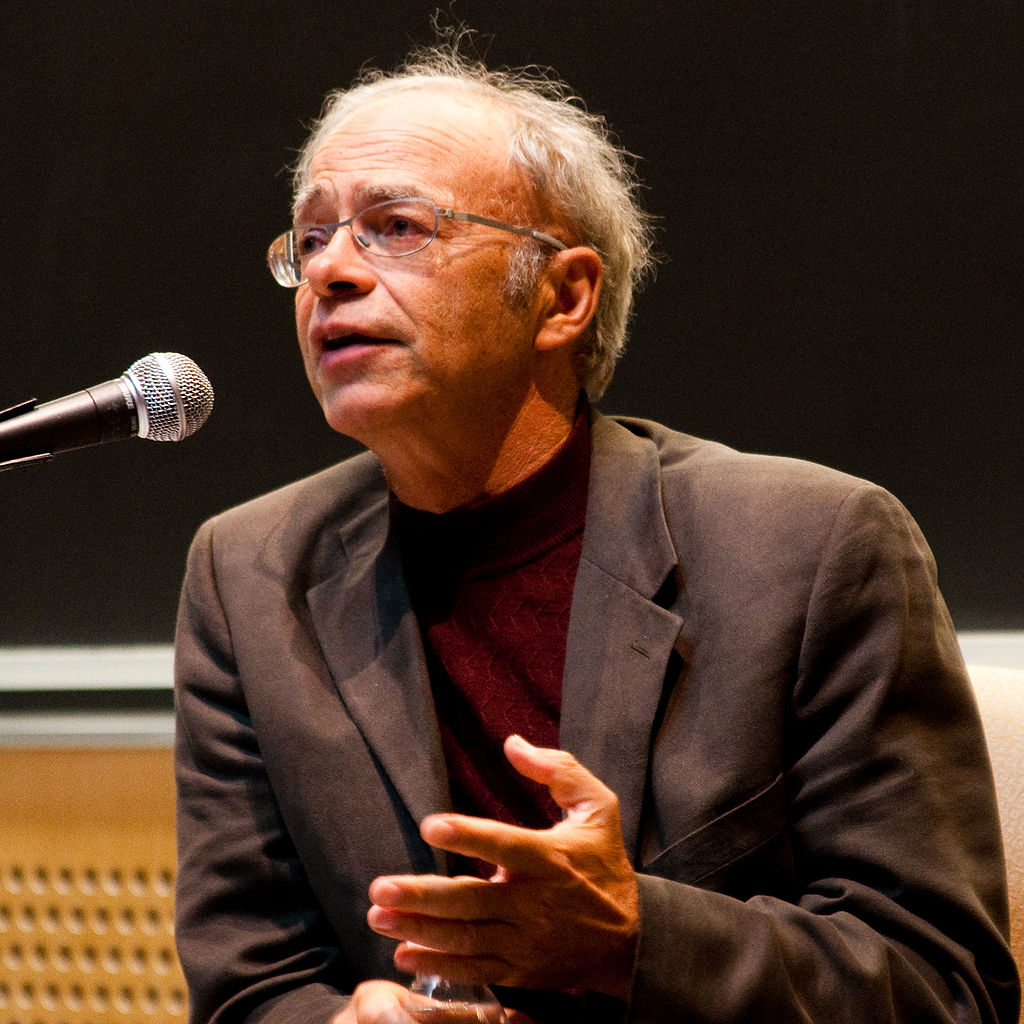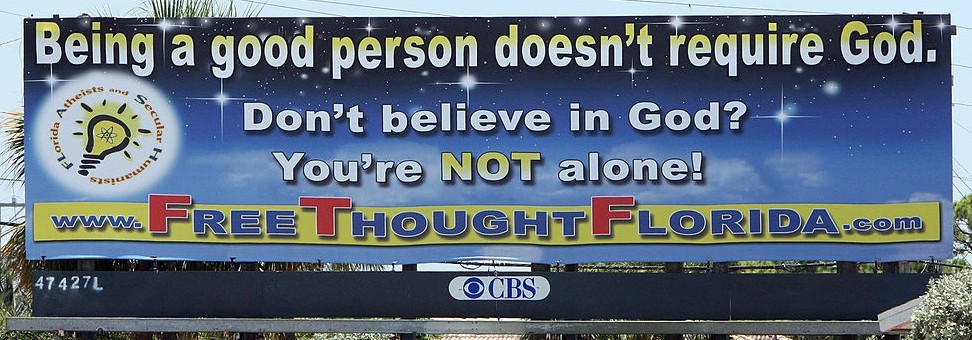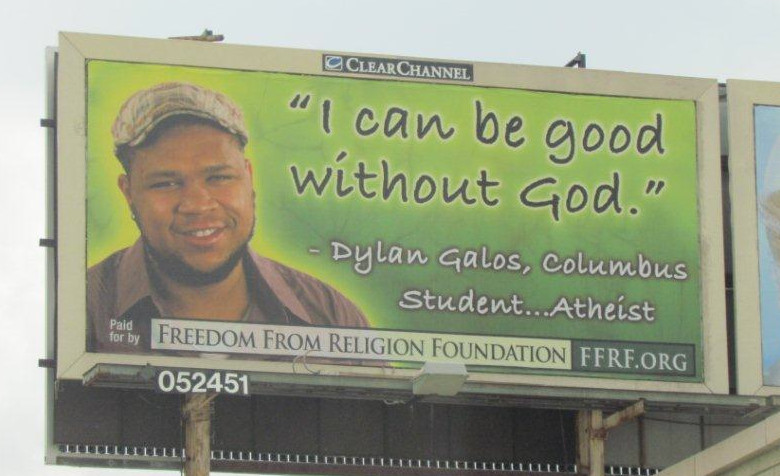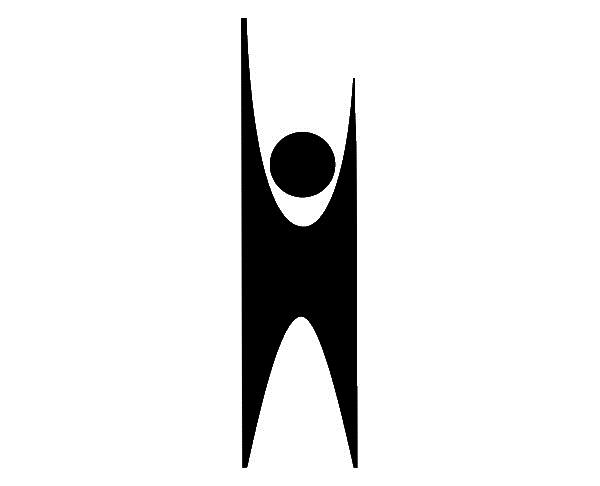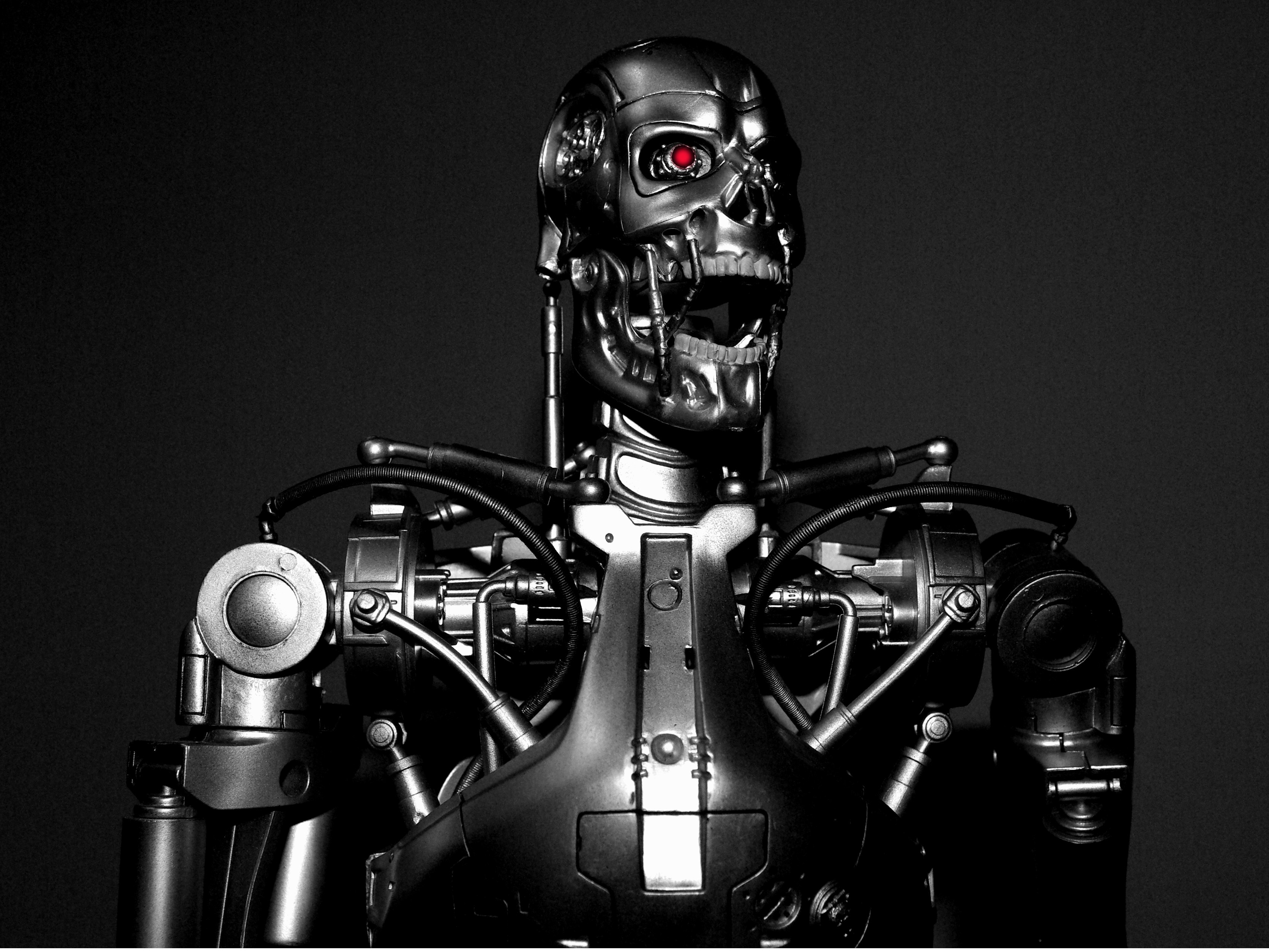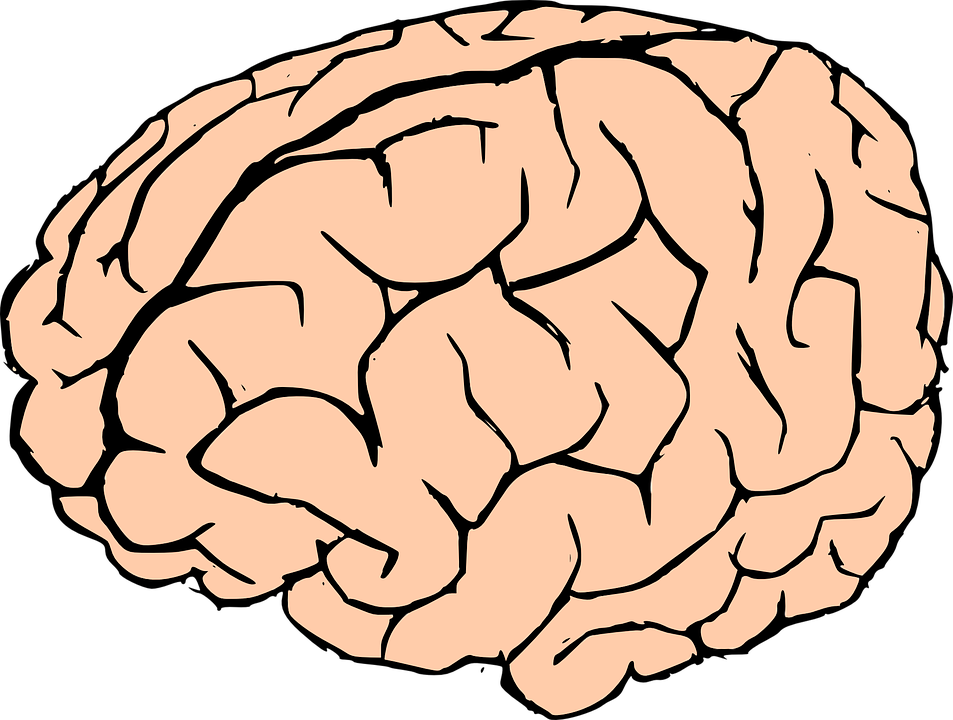Secular humanism is on the rise, and boasts some high-profile and outspoken celebrities amongst its ranks, like Stephen Fry, Ricky Gervais, Sue Cook, and even our own national treasure, Tim McGarry.
In Northern Ireland, humanists, although relatively small in numbers, are a vocal lot, who can often be found working behind the scenes of various movements, from abortion-choice and LGBTQI+ advocacy to campaigns for euthanasia, and the removal of prayer in public institutions. Bizarrely, for all their talk of social justice and empathy, they don’t do much actual charity work, preferring instead to leave that to others.
While it’s true, from a Christian viewpoint, that not everything about humanism is bad – indeed, some of their causes are admirable – it does present a sizeable threat to Christianity. For that reason, Christians ought to know what it’s about and how to effectively counter its claims and recognise its inadequacies. Here goes.
What exactly is humanism?
The term humanism can mean many things. Just as there are many different types of religion, there are many types of humanism, covering a wide range of beliefs with some overlapping elements. From these elements, a core set of humanistic beliefs has emerged, sometimes referred to as ‘secular humanism’.
Over the years, humanists have gathered together to officially declare these beliefs in the form of manifestos. There have been three (and a bit) humanist manifestos so far: Humanist Manifesto I (1933), Humanist Manifesto II (1973), and Humanist Manifesto III (2003). (There was also a spinoff manifesto called Secular Humanist Declaration (1980), but this was mainly considered to be a prologue to the third manifesto).
It is apparent, then, given its multiple revisions, that humanism sees itself as something that evolves with culture; what is wrong today may not necessarily be wrong in thirty years and vice versa, so we shouldn’t rule out more manifestos (or maybe a manifesto manifesto to help us keep track of the manifestos). For now, though, the core tenants of secular humanism can be summarised as such:
- Non-theism: most secular humanists deny the existence of God, but virtually all deny the need for a God.
- Naturalism: this an essential belief for secular humanism that follows from the denial of theism. If there is no supernatural – no God – then everything is explainable by natural laws alone.
- Evolutionism: for the secular humanist, evolution is a sufficient way of explaining origins. That is, in the absence of a Creator God, all living things and the entire universe are the product of chance plus time plus matter.
- Ethical relativism: most secular humanists don’t do moral absolutes. There are no God-given, unchangeable moral laws, therefore ethical standards must be determined by man. Such standards are subject to change over time as societies evolve, and are relative to different cultures.
- Human self-sufficiency: this is a central tenant. All humanists believe that man is capable of solving his own problems without divine help. To quote Sue Cook: “I have long felt in sympathy with the Humanist movement. I put an extra ‘ o’ in God and put my faith in the overall Good in humanity.”
Humanism: religion in disguise
Humanists are quick to tell everyone that their beliefs are informed solely by science, reason, and rationality – and are often at pains to dismiss religion entirely. But, whether today’s humanists know it or not, the history of humanism is steeped in religion.
Humanist Manifesto I clearly emphasises the importance of religion and, before that, two founding fathers of humanism, Henri Saint-Simon and Auguste Comte, dreamed of a religion for all humanity, a universal civilisation based on science. In fact, Comte even set up a humanist sect and declared himself a high priest.
Julian Huxley, another eminent humanist, was, despite being an ardent atheist, a big fan of religion. One day while reading an essay by Lord Morely, he read the words: “The next great task of science will be to create a religion for humanity.” Challenged by these words to create a scientific religion, he coined the name ‘evolutionary humanism’. The rest is history.
So while it’s true that humanism entails no God, it certainly entails religion. Religion is simply a belief system, often with a figurehead, that attempts to answer the following big questions: 1) origins, 2) meaning, 3) morality, and 4) destiny. Humanism ticks all these boxes. Their figurehead is Charles Darwin; they believe our origins lie in the evolutionary process; they believe morality is subjective and culturally determined; they believe that nothing happens after death. This is religion 101.
But worse than that – it’s faith! Why? Because what Darwin taught us, if true, allows no room for secular hope.
Sure, scientific progress has helped us to live longer and healthier, but it has done precisely nothing for our ethics. Humans today are as destructive and as greedy as ever, only now, thanks to scientific and technological progress, we can kill, destroy, rape, and pillage on much larger scales. The post-enlightenment world, littered with the ruins of many a secular utopia, is proof of this.
Of course, on atheistic naturalism, such destructive behaviour is merely the evolutionary path of one particular beast – the human being – so to believe that things can or should be any different, as humanists do, takes a considerable amount of faith.
So the first thing we need to know about humanism is that it’s not science – it’s a secular religion. It is a post-Christian faith that preaches humans can be saved if only they accept science and progress as their lord and saviour.
The scientific inadequacy of secular humanism
Despite what you might read on some Internet forums, Christians and humanists aren’t that far apart when it comes to science. Both groups agree that the universe is governed by laws, such as thermodynamics and gravity, and that knowledge of these laws is helpful in understanding how the universe operates.
The conflict, then, is not about operation but origination. And this is where secular humanism starts to unravel. As previously discussed, secular humanists have a naturalistic view of origins – the idea that the universe is uncaused – but this is deeply unscientific.
The two most fundamental principles of science are observation and repetition, but since the origins of the universe were not observed and have not been repeated, we must then look at the present as a key to the past. And we know from studying the present that every event has an adequate cause. Now, if every event has a cause, it follows that the whole universe has a cause. This has led scientists to the conclusion that it all started with a Big Bang – something that is entirely consistent with the Christian narrative.
This is not a happy conclusion for secular humanists, as astrophysicist Robert Jastrow writes:
For the scientist who has lived by his faith in the power of reason, the story ends like a bad dream. He has scaled the mountains of ignorance; he is about to conquer the highest peak; as he pulls himself over the final rock, he is greeted by a band of theologians who have been sitting there for centuries.
Belief in a Creator God is fully consistent with what science says about how the universe works. Conversely, the secular humanist position, despite claiming the scientific high ground, is worse than magic. Something can’t come from nothing. Life can’t come from non-life.
By avoiding this conclusion, humanists are saying that reason only applies to certain events in the universe, but not all events. This is flat-out irrational. Yet they still believe.
Ethical absurdity: absolutely no absolutes, absolutely
Many humanists believe that morality is relative and that values are subject to change. Ethics are situational, they say. Humanist Manifesto II states, “We affirm that moral values derive their source from human experience, needing no theological or ideological sanctions.” Since there is no ultimate Law Giver, there can be no ultimate Law – “Humanism asserts that the nature of the universe depicted by modern science makes unacceptable any supernatural or cosmic guarantees of human values”.
In other words, secular humanism denies all absolutes – absolutely. For the discerning reader, of course, this is a house built with Wotsits and Flumps. Firstly, is the claim “everything is relative” relative or non-relative? If it’s non-relative, then it’s absolute. If it’s absolute, then the claim is self-defeating. Conversely, if the claim is relative, then it could be wrong – so it can be dismissed.
So this begs the question: do secular humanists believe that humanism is true? They certainly act and write like they do. You’ll notice that humanism always gets revised, never rejected. Their faith is unshakable. So they obviously believe humanism to be the One True Path. The irony here, of course, is that this absolutistic approach is at complete odds with their denial of absolutes. You don’t often hear humanists say, “there are no absolute moral values, except the values of secular humanism.” That would be dogma – a trait they abhor in others.
And yet, that is exactly how they behave. Not only are humanists inconsistent in principle by denying moral absolutes, they are inconsistent in practice. Humanists continually violate their own rules when they say things like: “love is love,” and “no women should be denied an abortion”, or “we demand separation of church and state!” Really? Says who? Sue Cook?
No. It is obvious, then, that from both the writings and actions of humanists that they do believe in some moral absolutes. Just not the ones that they disagree with.
Even humanists need God
One of the biggest pieces of evidence for God can be found in the very people who rail against Him. The confessions of many secular humanists and other non-theists demonstrate this. The atheist and existential humanist Jean-Paul Satre confessed, “I needed God. I reached out for religion, I long for it, it was the remedy.” And the French atheist Albert Camus admitted, “nothing can discourage the appetite for divinity in the heart of man.”
Most tellingly, the historian and atheist Will Durant said this in a newspaper interview:
You and I are living in a shadow … because we are operating on the Christian ethical code which was given us, unfused with the Christian faith … but what will happen to our children …? We are not giving them an ethics warmed up with a religious faith. They are living on a shadow of a shadow.
So why do self-professed rationalists place their faith in a system that exists in the shadow of a shadow with no solid philosophical grounding? The answer is, quite simply, “anything but God, thank you very much.” To quote the famous atheist, Friedrich Nietzsche, “If one were to prove this God of the Christians to us, we should be even less able to believe in him.” I think that says it all.
There are many other areas where secular humanism falls short, such as its many internal consistencies (Existential vs. Scientific Humanism, Egocentric vs. Social Humanism, etc.) and its often-bitter infighting (some humanists are in favour of abortion, others are pro-life. Some are capitalists, others communists. Some are charitable, others are egoists). But when we examine their core beliefs – the beliefs canonised in the three manifestos and a declaration – they reveal many contradictions and absurdities. They claim to be scientific, but they violate basic laws of science. They claim to be rational, but they cannot account for the existence of rationality. They claim that nothing exists outside of nature, but they stand outside of nature to tell us what’s right and wrong. Secular humanists do not hold to a consistent position, so there’s simply no rational justification for being one.








